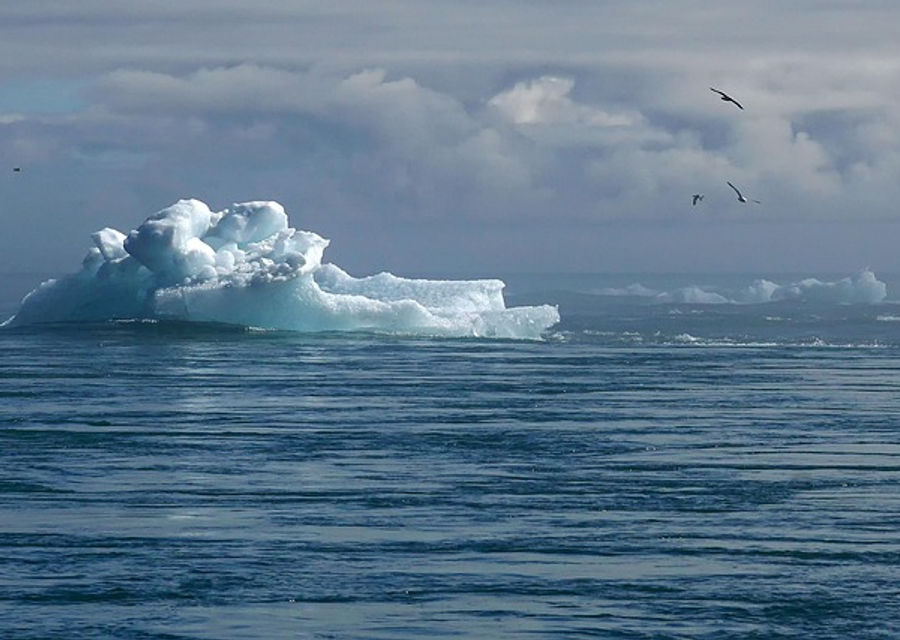Understanding Climate Change and Wildfires: A Call to Action
- Aug 9, 2025
- 5 min read

The ongoing wildfires in France highlight the urgent need for collective action against climate change and the associated risks. Wildfire prevention and management strategies must be at the forefront of our discussions, especially in light of the catastrophic impacts observed. With the summer heatwaves intensifying due to global warming, understanding the dynamics of fire behavior becomes imperative in designing effective response plans. This article aims to explore the relationship between climate change and the rise of wildfires, focusing on the latest incidents across Europe.
Understanding the Link Between Climate Change and Wildfires
Climate change significantly increases the risk of wildfires across the globe. The rise in temperatures leads to drier conditions, which create an ideal environment for wildfires to ignite and spread. In regions like southern France, the recent wildfires have consumed vast areas and posed serious threats to both human life and ecosystems. With this increased frequency and severity of wildfires, we must examine how climate change directly correlates with this phenomenon. By acknowledging the impact of human activity on global temperatures, we can begin to understand the compounded effects on fire risks.
Furthermore, the connection between prolonged droughts and wildfires cannot be overlooked. As climate change leads to extended periods of drought, the vegetation becomes more susceptible to fires. When the ignition sources occur—whether due to human carelessness or natural occurrences—the potential for rapid escalation of wildfires increases dramatically. In the context of the recent wildfires in France, understanding these underlying mechanisms is crucial to implementing effective prevention strategies.
Moreover, as climate models predict an increase in extreme weather events, emergency responders and authorities face challenges in preparing for these disasters. The unpredictability of weather patterns complicates firefighting efforts, especially during heatwaves. For example, the recent wildfires in France have tested the resilience of local firefighters, highlighting the essential need for improved training and resources in addressing wildfires under extreme conditions.
The sociopolitical context surrounding climate change also plays a role in wildfire management. Governments must prioritize funding for disaster preparedness and community awareness programs, as public participation is vital in wildfire prevention. Educating citizens on how to minimize fire risks can create more resilient communities that are better equipped to handle the threat of wildfires. In France, initiatives aimed at fostering public awareness and community engagement can make the difference between safety and disaster.
In conclusion, addressing the threat of wildfires in light of climate change requires a multifaceted approach involving scientists, policymakers, and the public. As we analyze the recent spikes in wildfire occurrences linked to global warming, it becomes clear that we must take responsibility for our role in this crisis. Advocating for sustainable practices and environmental stewardship is essential for protecting our communities and natural resources.
Recent Wildfire Incidents in France: A Case Study
In the latest wildfires that erupted near Saint-Laurent-de-la-Cabrerisse, the impact on the local population was devastating. As the biggest wildfire seen in decades, this incident serves as a stark reminder of the climate crisis's tangible results. The initial response by firefighters showcased their determination, yet the fact remains that the frequency of such wildfires is increasing. Such incidents are alarming indicators of how our environment is evolving due to climate change, demanding immediate action.
As the wildfires progressed, approximately 17,000 hectares were consumed in a matter of days. Thousands were evacuated from their homes, underscoring the direct consequences of unchecked wildfires on communities. The psychological toll on residents, including loss of property and uncertainty, must also be acknowledged as part of the broader impact of climate-related disasters.
Moreover, the long-term environmental effects of these wildfires will likely reshape the landscape in affected regions. The destruction of forests and crucial vineyards provokes concerns about the future of local agriculture and biodiversity. These underlying threats to the agricultural sector can have cascading effects on local economies, aggravating financial instability for farmers impacted by such disasters.
In mitigating the devastation caused by these wildfires, recovery efforts must prioritize sustainable rebuilding practices. As communities begin to rebuild, focusing on eco-friendly infrastructure and replanting native species can aid in restoring ecosystems while enhancing resilience against future fires. Planning for a safer future involves rethinking how we manage our land in light of increasing wildfire risks.
Ultimately, the narrative of wildfires in France demonstrates the urgent need for effective climate policies. Advocating for awareness, education, and sustainable practices can help pave the way for a proactive approach towards preventing wildfires and addressing their underlying causes.
Global Strategies for Wildfire Prevention and Management
Countries worldwide face the reality of rising wildfire incidents due to climate change. To combat this global issue, collaborative efforts and sharing of best practices among nations are crucial. Effective wildfire management requires a comprehensive strategy that includes prevention, preparedness, response, and recovery initiatives. Understanding how other nations have successfully reduced wildfire risks can inform and improve practices in regions vulnerable to such disasters.
In regions like California, where wildfires are frequent, various strategies have been implemented to mitigate risks. These include prescribed burns to manage vegetation and creating buffer zones to protect essential asset areas. France can benefit from studying these techniques, tailoring them to fit local landscapes and ecological needs. Engaging communities directly in these processes fosters a sense of ownership and responsibility towards land stewardship.
Moreover, advancements in technology provide new avenues for wildfire detection and management. Utilizing satellite imaging and real-time monitoring tools can allow authorities to quickly identify fire outbreaks and implement necessary actions before fires spread uncontrollably. Investing in innovatively designed drones for real-time suppression also stands as an option to enhance firefighting capabilities.
Investing in education and community training programs plays a vital role in enhancing local response to wildfires. The propagation of early warning systems ensures that residents are alert to dangers ahead of time. Empowering communities with knowledge operates as a line of defense, reducing the number of wildfire incidents stemming from human activities.
In summary, combating wildfires calls for not just reactive measures but a series of preventative actions that address the root causes of climate change. By engaging in international cooperation, leveraging technology, and educating communities, we initiate the shift needed to manage our natural resources sustainably and effectively lessen wildfire risks.
Community Engagement and Climate Action
As climate change continues to elevate the likelihood of wildfires, engaging communities becomes paramount in fostering a culture of disaster preparedness. Community-driven initiatives provide platforms for awareness, skill-building, and innovation, which in turn can significantly reduce vulnerability to future wildfires. When citizens collaborate on projects aimed at fire prevention, they become proactive rather than reactive.
Various grassroots movements have sprung up globally, aiming to bring together individuals to take action against climate change. Programs that encourage reforestation, local firebreak construction, and community education about wildfire risks create networks of support and awareness. Partnerships between governmental, non-governmental organizations, and local communities enhance the efficiency of these initiatives.
Additionally, local governments can facilitate community engagement through workshops, reliability-building practices, and offering resources for fire risk assessments. By empowering communities with the tools and knowledge needed to manage risks calmly and methodically, we can collectively reshape the narrative surrounding wildfires.
Moreover, citizens' involvement in advocacy for policy changes at a local, national, or international level can drive significant progress in fire management strategies. Advocacy for stricter regulations on land use and fire prevention measures can cultivate a more robust framework for protecting valuable landscapes from wildfires.
In conclusion, the path toward more resilient communities in the face of wildfire threats requires collaboration, innovation, and commitment to climate action. By actively engaging with the global discourse on climate change and working together, we can create lasting improvements to safeguard our future from wildfires.
From our network :





















































Comments